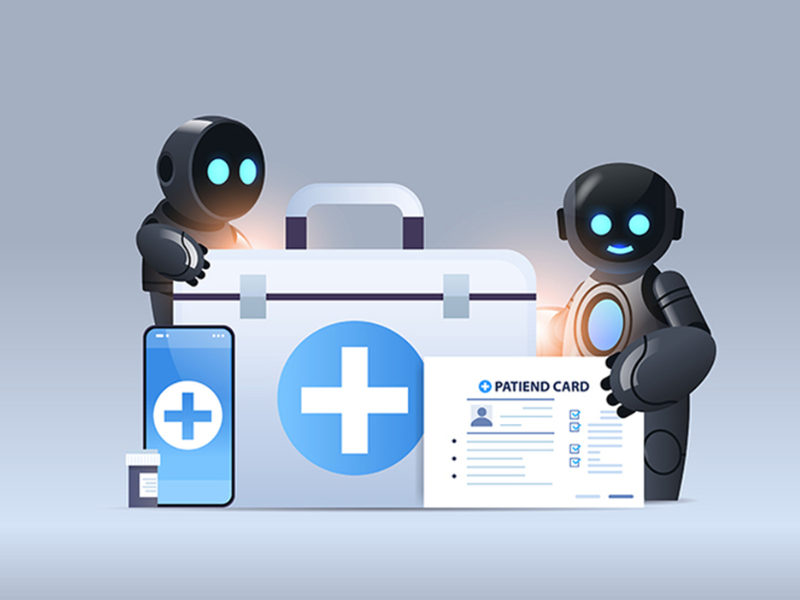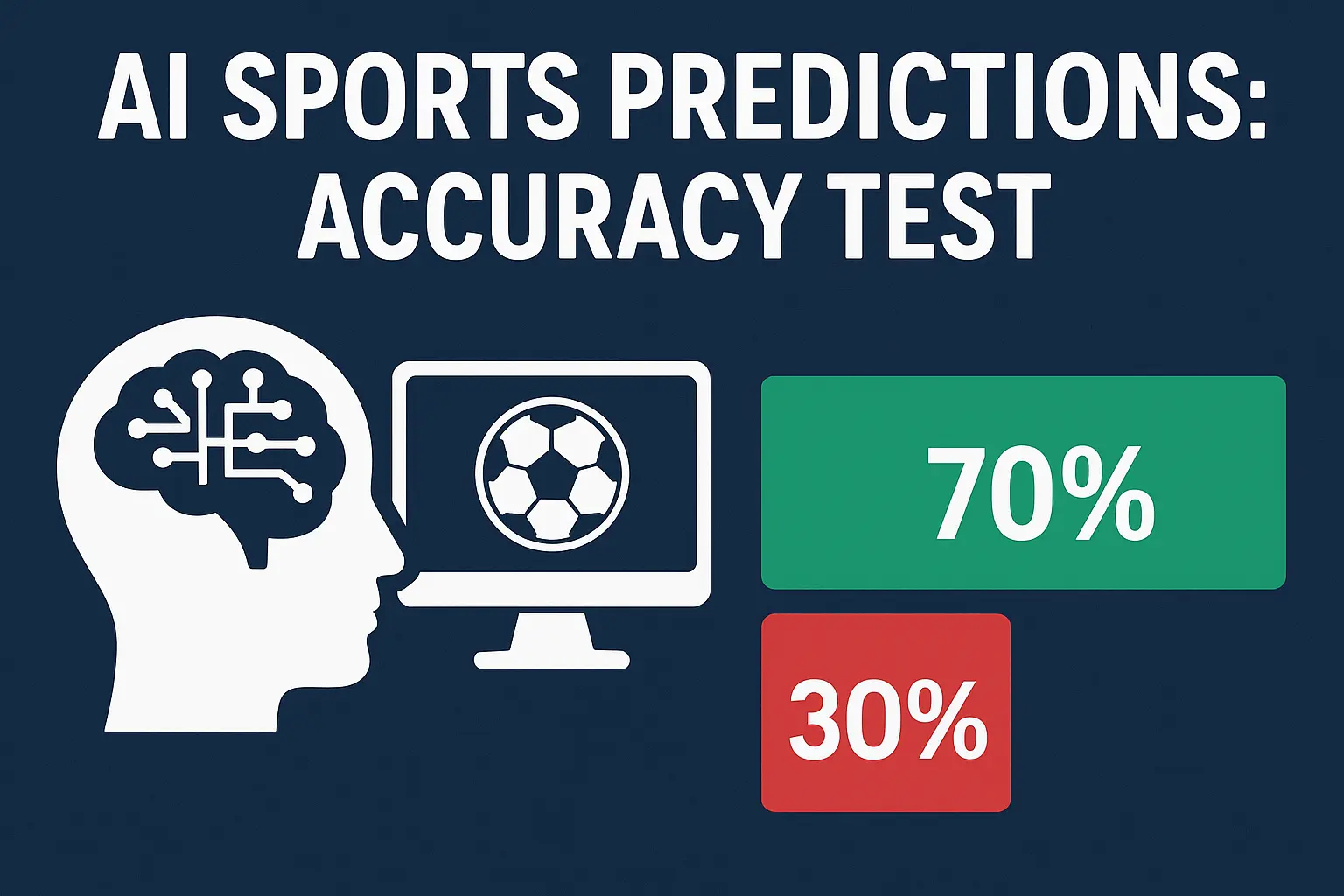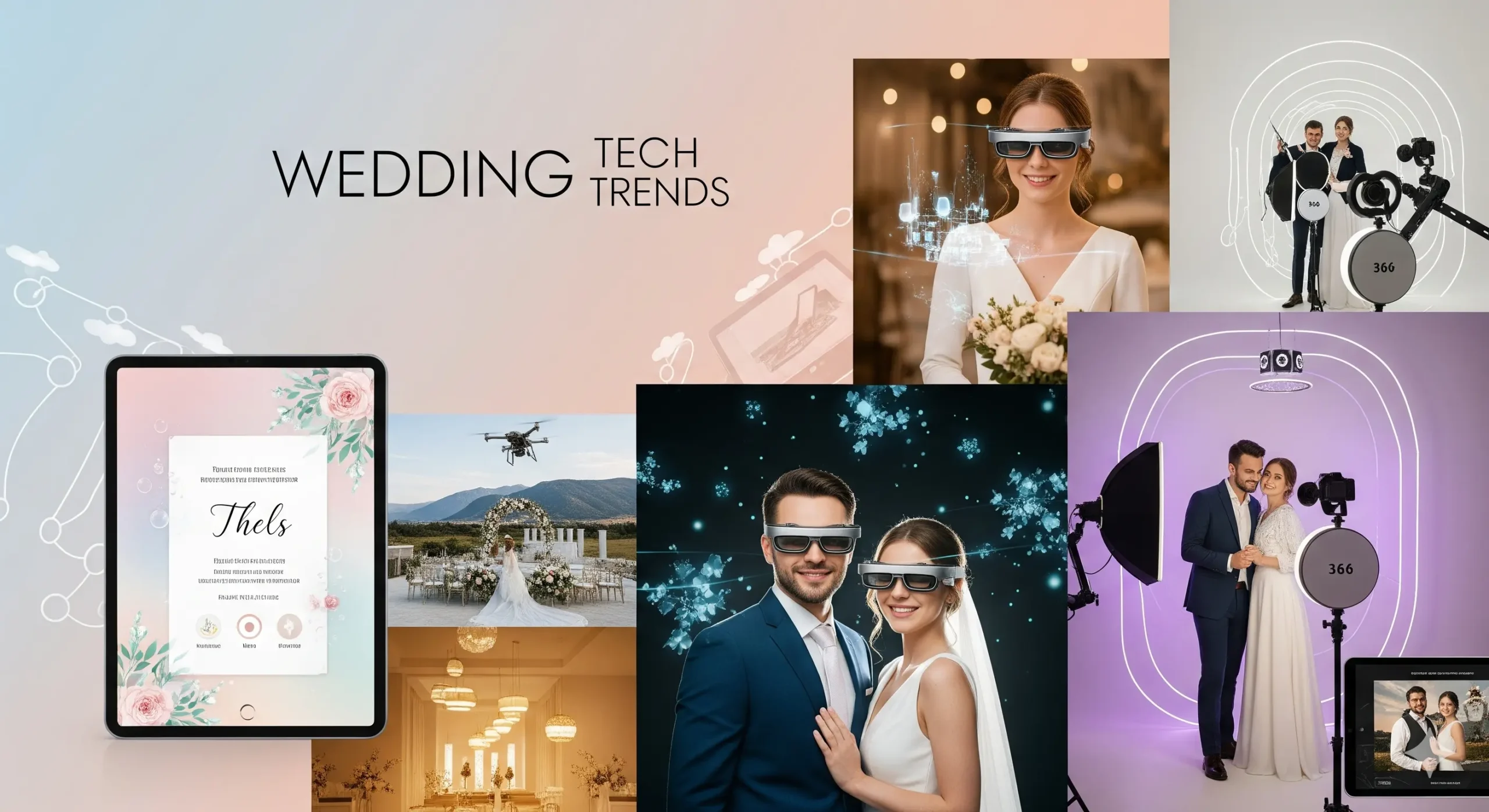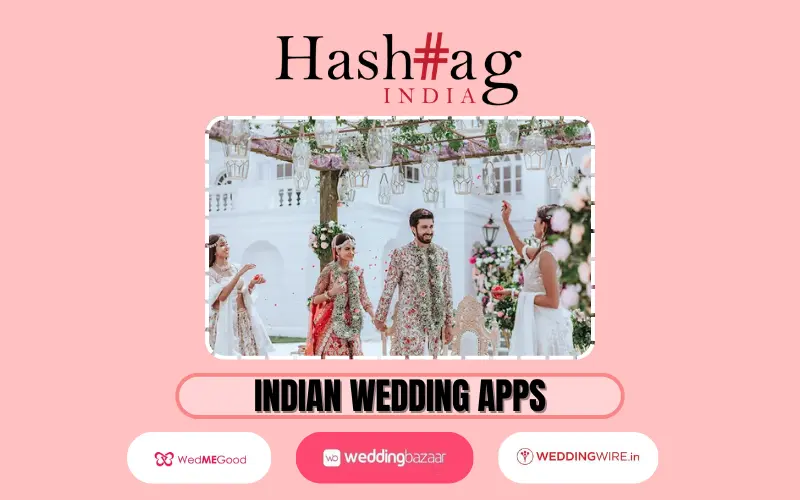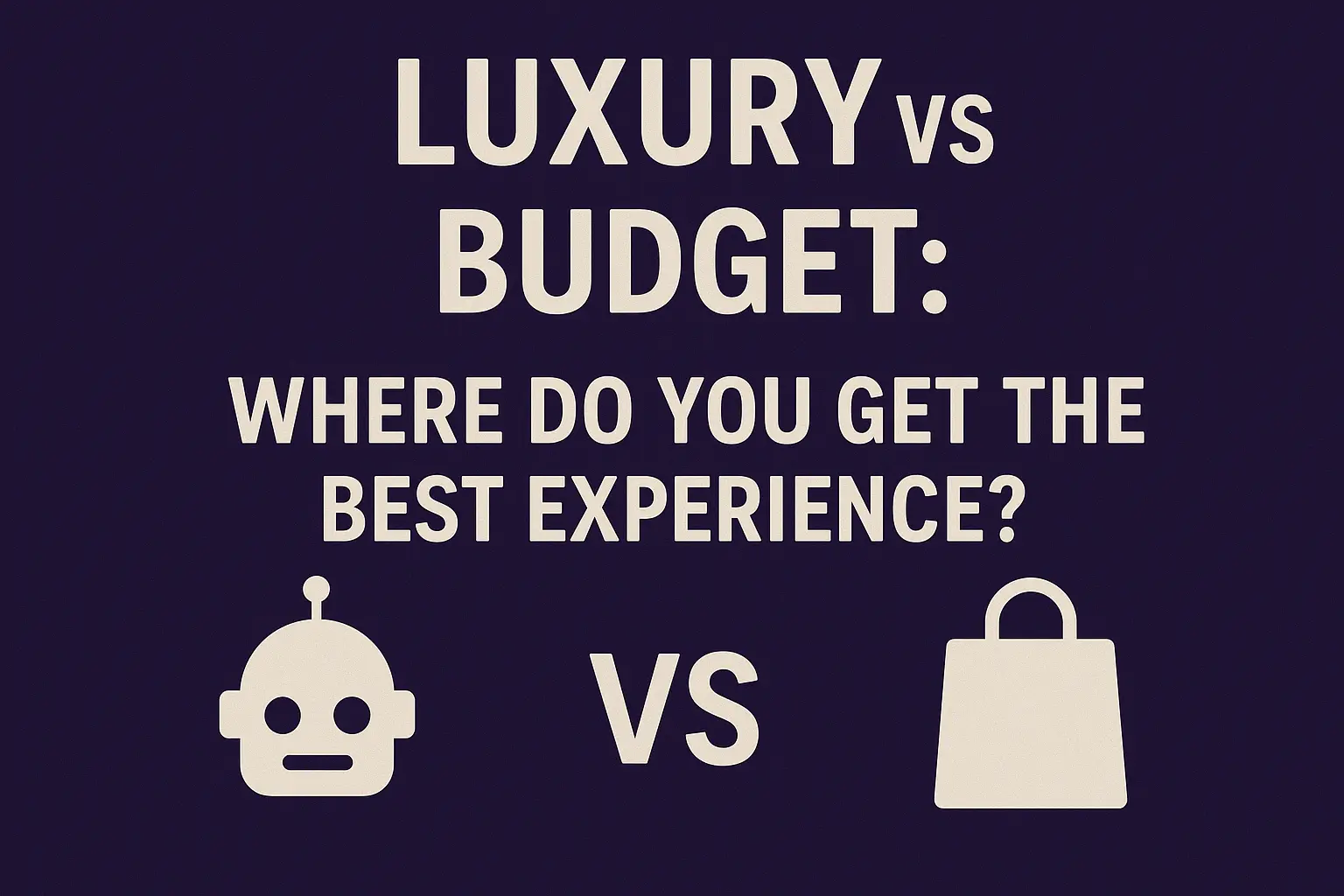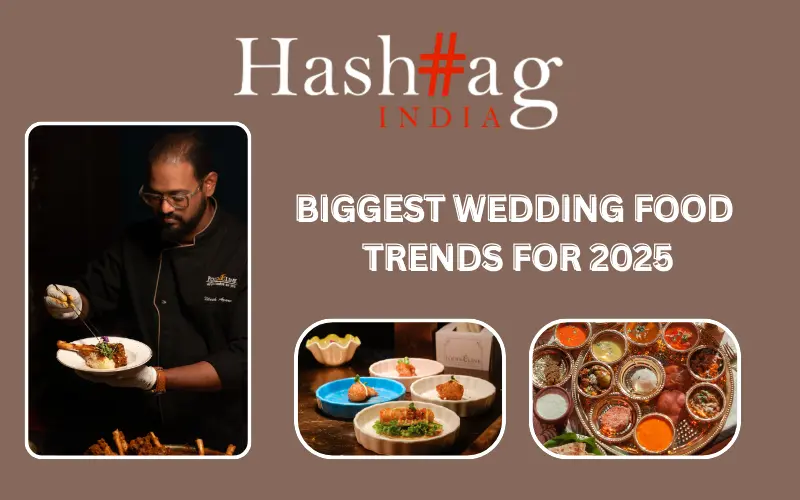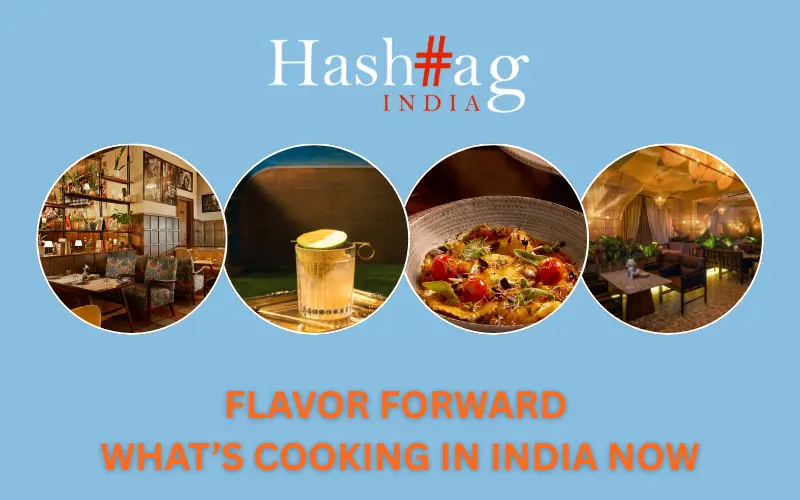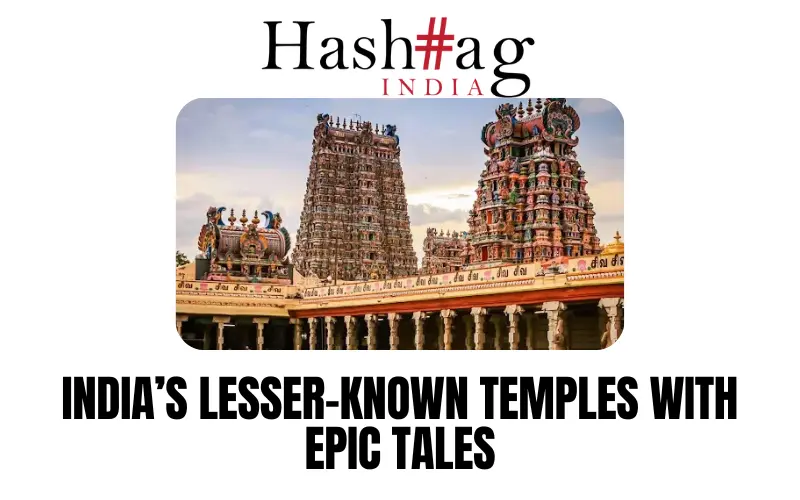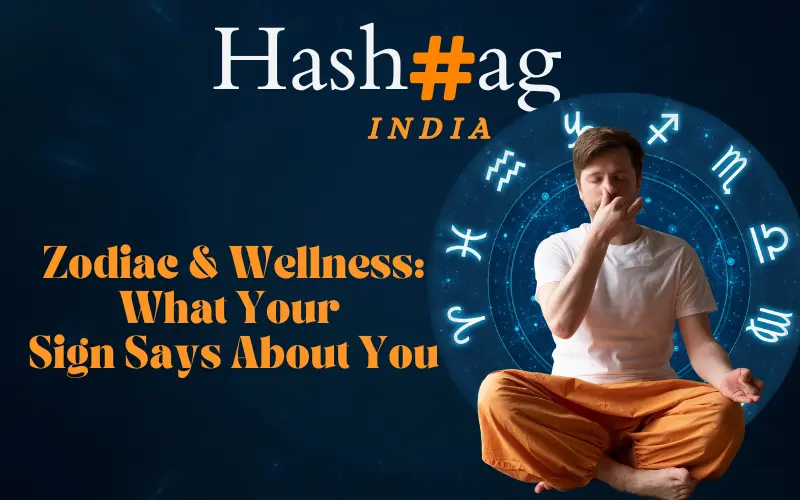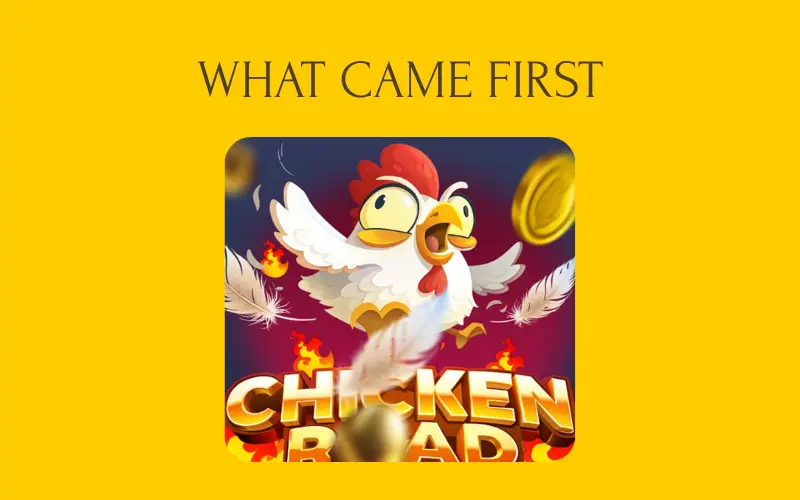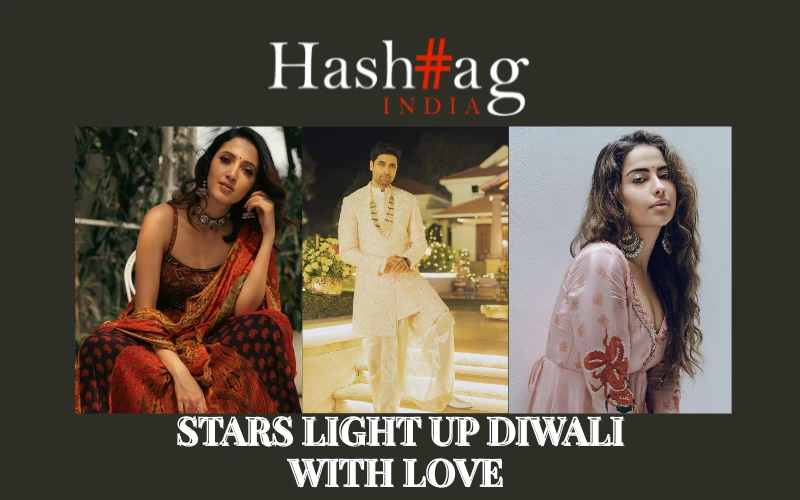Artificial Intelligence (AI) and automation have rapidly become popular in many industries, including Healthcare. One of the most fascinating applications of AI and automation in healthcare is using chatbots. Chatbots are computer programs designed to simulate conversation with human users, providing personalized assistance and support. Dhanush Kumar will explore how chatbots are transforming Healthcare in various ways.
What are Chatbots in Healthcare?
Chatbots in Healthcare are AI-powered virtual assistants that provide personalized support to patients and healthcare providers. They are designed to simulate human-like conversation, enabling patients to interact with them as they would with a real person.

These chatbots are trained on healthcare-related data and can respond to many patient inquiries, such as appointment scheduling, prescription skills, and symptom checking. They can also streamline internal support by giving healthcare professionals quick access to information, such as patient history and treatment plans.
How are Chatbots used in Healthcare?
Chatbots are used in Healthcare to provide patients with a more personalized experience while reducing the workload of healthcare professionals.

- Scheduling appointments: Patients can use chatbots to schedule appointments with healthcare providers, eliminating the need for phone calls or in-person visits.
- Check symptoms: Chatbots can ask patients questions about their symptoms and provide recommendations for the next steps, such as seeking medical treatment or self-treatment.
- Manage Medication: Chatbots can remind patients to take their medication on time and provide information on dosage and side effects.
- Educate Patients: Chatbots can provide patients with educational resources on nutrition and exercise.
- Monitor Health: Chatbots can track patient data, such as blood pressure and glucose levels, and provide feedback on improving health outcomes.
What are the benefits of Chatbots in Healthcare?

- Improved Patient Engagement: Chatbots provide patients with a more personalized experience, making them feel more valued and cared for. Chatbots can also engage patients throughout their healthcare journey, from diagnosis to recovery.
- Increased efficiency: Chatbots can handle a large volume of patient inquiries, reducing the workload of healthcare professionals and freeing up their time for more complex tasks. Chatbots can also reduce errors and delays in communication and information retrieval.
- 24/7 availability: Chatbots can provide round-the-clock patient support, regardless of location and time zone. Chatbots can also reduce the need for emergency visits and hospitalizations by providing timely and accurate guidance.
What are the best examples of Chatbots in Healthcare?
Many chatbots in Healthcare are positively impacting patient care and experience.

- Babylon: It is an end-to-end platform with symptom-checking and triage chatbots. Babylon allows users to check their symptoms, get a diagnosis, and book a consultation with a doctor, all through a chatbot interface. It also provides personalized health reports.
- Sensely: It is a conversational platform that specializes in conversational search for health information. Sensely allows users to ask questions about their health and get answers from reliable sources, such as Mayo Clinic and NHS. It also provides a virtual nurse to monitor the user’s health and provide guidance and support.
- Ada: Ada is an AI symptom checker and health assessment chatbot. Ada allows users to enter their symptoms and get a possible diagnosis and next steps. It also provides a personal health guide to help users manage their health and wellness.
Conclusion
AI chatbots are transforming Healthcare by providing patients with a more personalized and convenient experience, external support, and saving costs. Chatbots in Healthcare are not only a trend but a necessity and a future we can look forward to.

